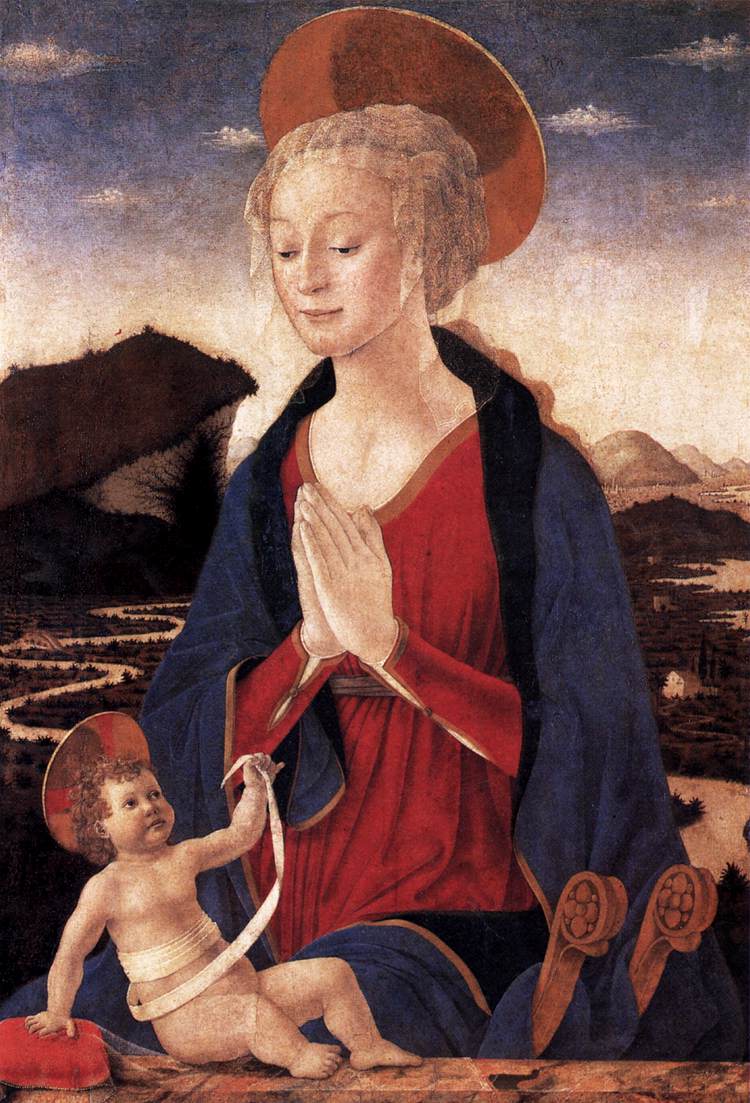Ah, OK. Because the Renaissance itself was profoundly Catholic. Was this comment "tongue in cheek"? I hope? I did find some interesting info about the Renaissance, from our friends at Wikipedia I think may aid the discussion:
*******************************************
The new ideals of humanism, although more secular in some aspects, developed against a Christian backdrop, especially in the Northern Renaissance. Indeed, much (if not most) of the new art was commissioned by or in dedication to the Church. However, the Renaissance had a profound effect on contemporary theology, particularly in the way people perceived the relationship between man and God. Many of the period's foremost theologians were followers of the humanist method, including Erasmus, Zwingli, Thomas More, Martin Luther, and John Calvin.
The Renaissance began in times of religious turmoil. The late Middle Ages saw a period of political intrigue surrounding the Papacy, culminating in the Western Schism, in which three men simultaneously claimed to be true Bishop of Rome. While the schism was resolved by the Council of Constance (1414), the 15th century saw a resulting reform movement know as Conciliarism, which sought to limit the pope's power. Although the papacy eventually emerged supreme in ecclesiastical matters by the Fifth Council of the Lateran (1511), it was dogged by continued accusations of corruption, most famously in the person of Pope Alexander VI, who was accused variously of simony, nepotism and fathering four illegitimate children whilst Pope, whom he married off to gain more power.
Churchmen such as Erasmus and Luther proposed reform to the Church, often based on humanist textual criticism of the New Testament. Indeed, it was Luther who in October 1517 published the 95 Theses, challenging papal authority and criticizing its perceived corruption, particularly with regard to its sale of indulgences. The 95 Theses led to the Reformation, a break with the Roman Catholic Church that previously claimed hegemony in Western Europe. Humanism and the Renaissance therefore played a direct role in sparking the Reformation, as well as in many other contemporaneous religious debates and conflicts.
The new ideals of humanism, although more secular in some aspects, developed against a Christian backdrop, especially in the Northern Renaissance Everyone can read his personal theology into art, of course. My comment was regarding early Renaisance; I am not a big fan of late and Northern Renaissance; the authentic Renaiissance ended, I believe, with Memling, and what remained was in transition to mannerism. Regarding Protestant influences later on, perhaps.
What makes early Renaissance Catholic is not just the deviotional nature but also the celebration of humanity in its joyful redeemed state. That incarnationalism is wholly foreign to Calvin, but can be mistaken for humanism, especially by secular or Protestant art critics.
This is the joyful face of the Church:

Madonna and Child
Alessio Baldovinetti
1460-65
Wood, 106 x 75 cm
Musée du Louvre, Paris
By the way, anyone wondering why the Catohlic Church is "she" needs to look at this or similar painting.
